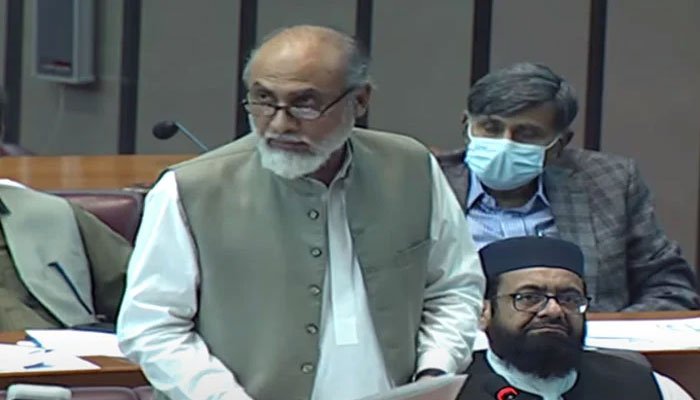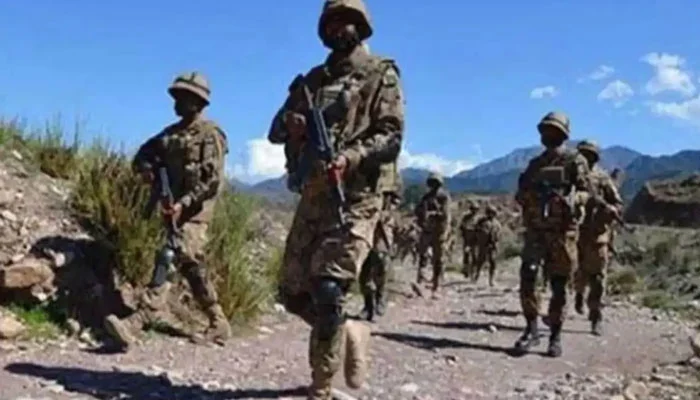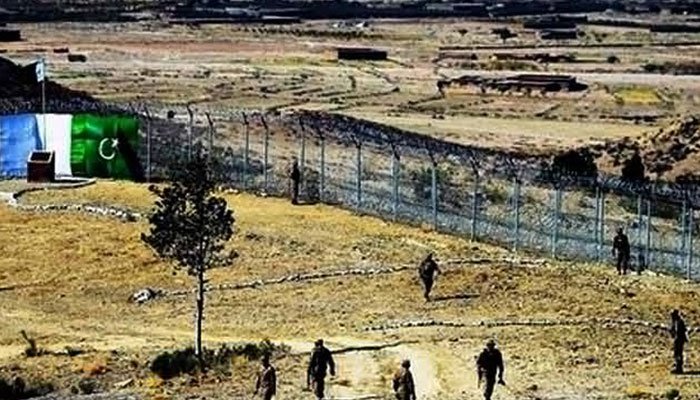The resolution also demanded the formation of a full court to review the “wrong interpretation” of the Article 63-A.
NA resolution rejects SC order on Punjab polls, ‘binds’ PM to reject ‘minority’ decision. The National Assembly on Thursday passed a resolution rejecting the three-member Supreme Court bench’s “minority” verdict on the Punjab elections and made it binding on Prime Minister Shehbaz Sharif and his cabinet not to implement the decision.
The resolution was moved by Balochistan Awami Party lawmaker Khalid Magsi and approved by a majority of the lawmakers.
The resolution noted that the National Assembly on March 28 in a resolution had called on the Supreme Court to avoid “interfering” in political matters. It also noted that multiple sections of the society had called on the apex court to form a full court bench but it was ignored and only one political party was heard in the case.
“Completely ignoring the clear resolution of the Parliament and the majority decision of the four judges of the Supreme Court, the three-member special bench imposed a minority opinion, which is a violation of the traditions, precedents and procedures of the Supreme Court,” noted the resolution. It added that a minority was imposed on the majority.
More From FactFile: Supreme Court bench hearing election delay case dissolved
The resolution also expressed concern on the Supreme Court’s circular setting aside the verdict of a three-member bench on suo motu cases. It also expressed serious concern over the formation of a controversial bench and its decision to quickly close the case prompted Justice Qazi Faez Isa to suspend “suo motu” hearings.
The lower house of Parliament also expressed concern over the “undue judicial interference in political matters”. It also noted that the “minority ruling” has created political instability and paved way for divisions in the federal units.
“This House considers the holding of general elections at the same time throughout the country as per the prevailing procedure mentioned in the constitution and law for political and economic stability in the country as the solution to all the problems,” noted the resolution.
The resolution also demanded the formation of a full court to review the “wrong interpretation” of the Article 63-A.





